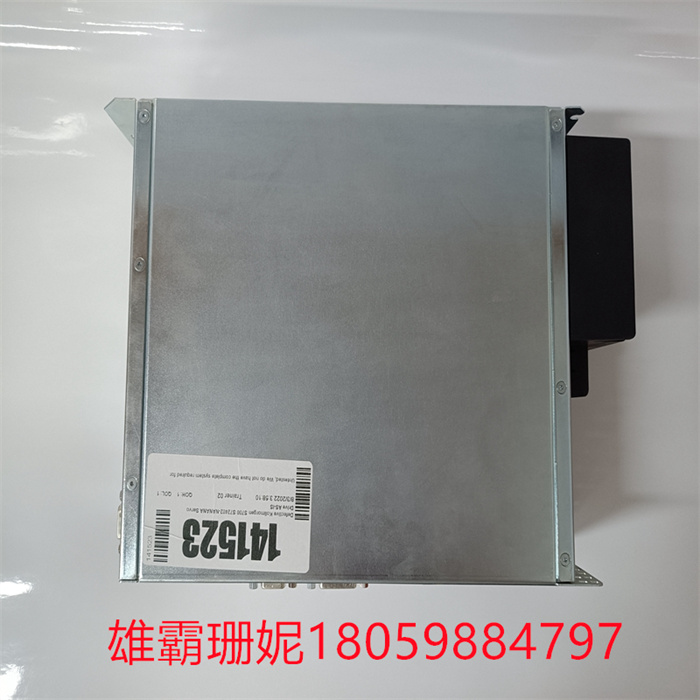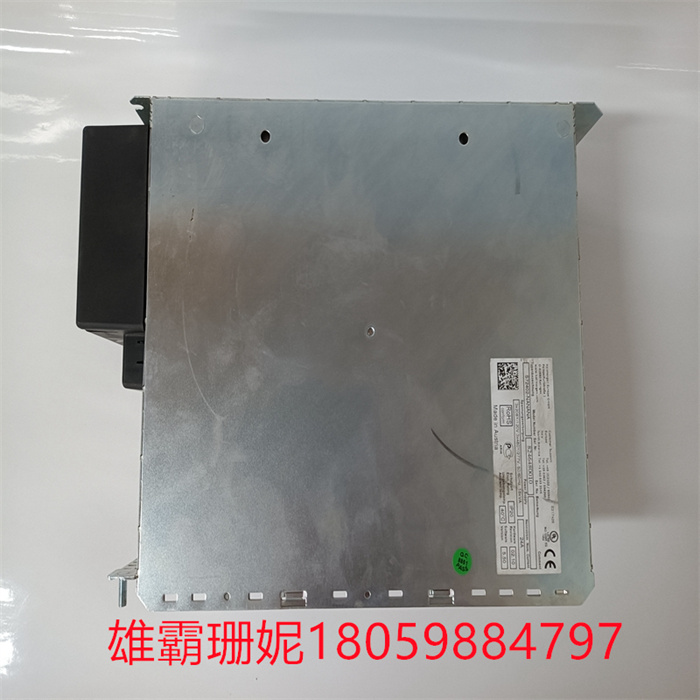Kollmorgen S72402-NANANA增强型智能通信模件
Kollmorgen S72402-NANANA增强型智能通信模件
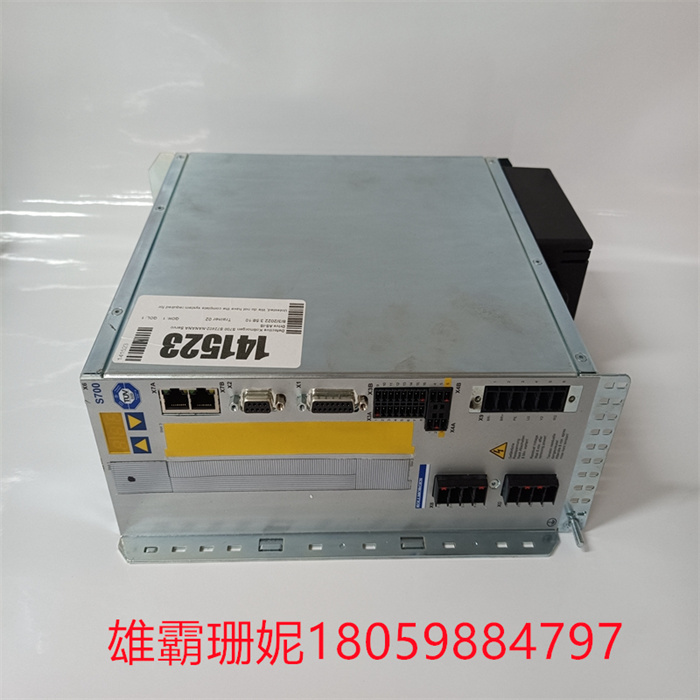
为确保ICS能抵御今天的在线安全威胁,公司企业需采取足够的措施以创建有效工业安全项目并合理排定企业风险优先级。这听起来似乎是令人生畏的浩大工程,但健壮的多层安全方法可以分解为基本的3步:1)保护网络;2)保护终端;3)保护控制器。控制电路是给异步电动机供电(电压、频率可调)的主电路提供控制信号的回路,它有频率、电压的“运算电路”,主电路的“电压、电流检测电路”,电动机的“速度检测电路”,将运算电路的控制信号进行放大的“驱动电路”,以及逆变器和电动机的“保护电路”组成。将外部的速度、转矩等指令同检测电路的电流、电压信号进行比较运算,决定逆变器的输出电压、频率。
Kollmorgen S72402-NANANA增强型智能通信模件
电动汽车中的空调系统必须完成多重任务,即确保乘客的热舒适性和调节电池。本文提出了四种基于模型的空调系统控制方法。比较了这两种方法跟踪期望参考值、抑制干扰和避免饱和效应的能力。
两种方法是反馈控制器、分散比例积分控制策略和集中线性二次积分控制策略。另外两种方法在两自由度控制结构中将反馈控制器与基于逆的前馈控制器相结合。此外,这四个概念由汉努斯条件抗饱和机制补充。
所提出的四个控制器中的三个明确地考虑了多输入多输出系统的耦合,这允许高性能的控制。此外,所有方法都具有基于受控系统的物理模型的优点。该物理模型的开发和识别是论文的一部分。
控制器的物理基础确保了高水平的可重用性,从而确保了高效的控制器设计过程。提出的控制概念通过测试平台的测量数据进行验证和比较。
Kollmorgen S72402-NANANA增强型智能通信模件
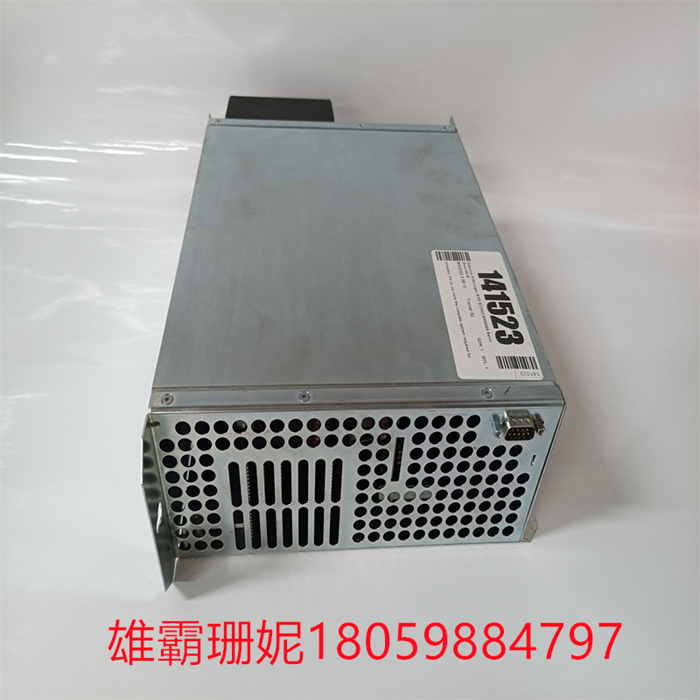
In order to ensure that ICS can resist today's online security threats, companies and enterprises need to take adequate measures to create effective industrial security projects and reasonably prioritize enterprise risks. It sounds like a daunting project, but a robust multi-layer security method can be broken down into three basic steps: 1) protecting the network; 2) protect the terminal; 3) Protect the controller. The control circuit is a circuit that provides control signals for the main circuit that supplies power to the asynchronous motor (with adjustable voltage and frequency). It consists of an arithmetic circuit of frequency and voltage, a voltage and current detection circuit of the main circuit, a speed detection circuit of the motor, a driving circuit that amplifies the control signals of the arithmetic circuit, and a protection circuit of the inverter and the motor. The external speed, torque and other instructions are compared with the current and voltage signals of the detection circuit to determine the output voltage and frequency of the inverter.
Kollmorgen S72402-NANANA增强型智能通信模件
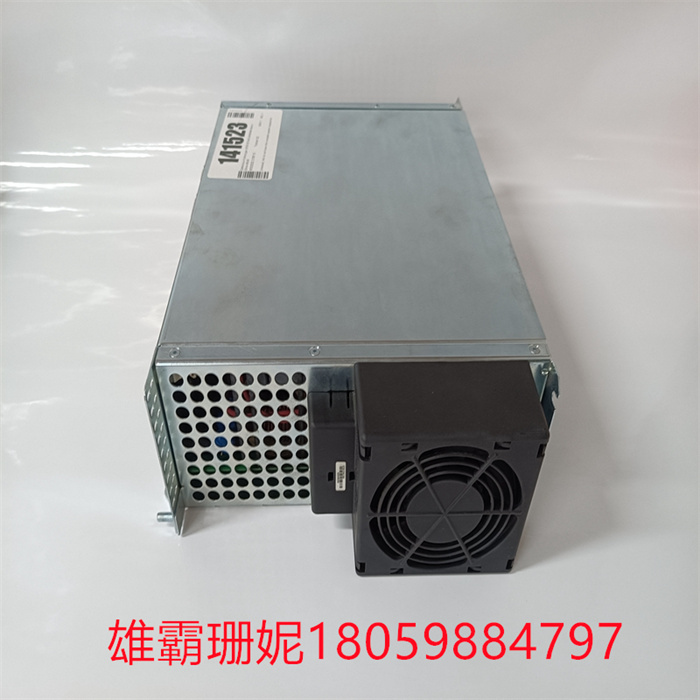
The air conditioning system in electric vehicles must accomplish multiple tasks, namely, ensuring the thermal comfort of passengers and adjusting batteries. In this paper, four control methods of air conditioning system based on model are proposed. The ability of these two methods to track the expected reference value, suppress interference and avoid saturation effect is compared.
The two methods are feedback controller, decentralized proportional integral control strategy and centralized linear quadratic integral control strategy. The other two methods combine feedback controller with feedforward controller based on inverse in two-degree-of-freedom control structure. In addition, these four concepts are supplemented by Hannus's conditional anti-saturation mechanism.
Three of the proposed four controllers explicitly consider the coupling of MIMO systems, which allows high-performance control. In addition, all methods have advantages based on the physical model of the controlled system. The development and identification of the physical model is a part of the paper.
The physical foundation of the controller ensures a high level of reusability, thus ensuring an efficient controller design process. The proposed control concept is verified and compared by the measurement data of the test platform.




